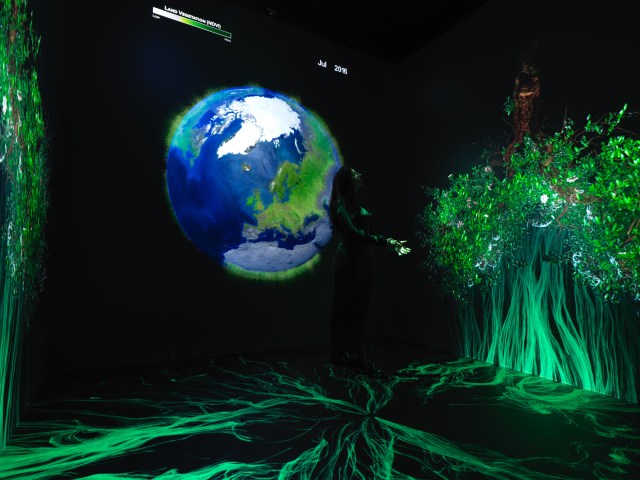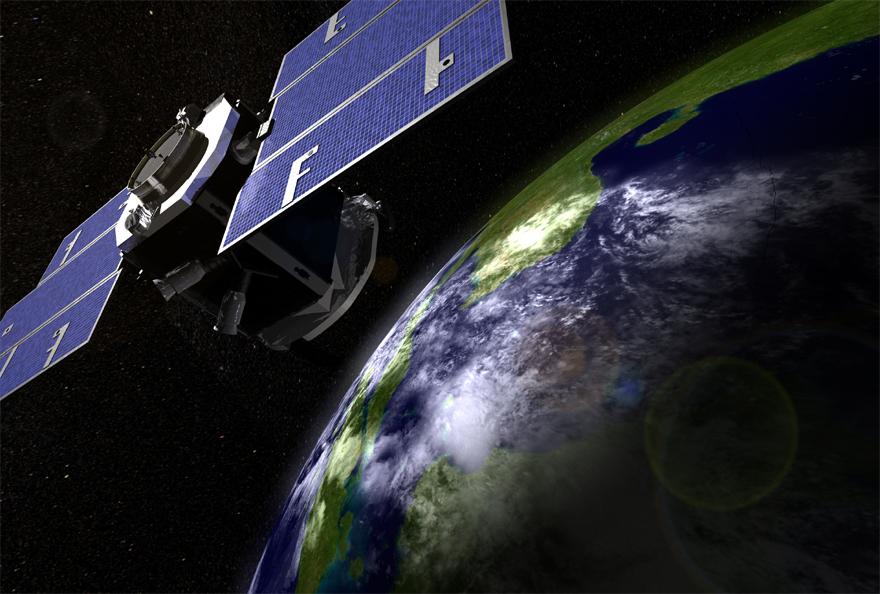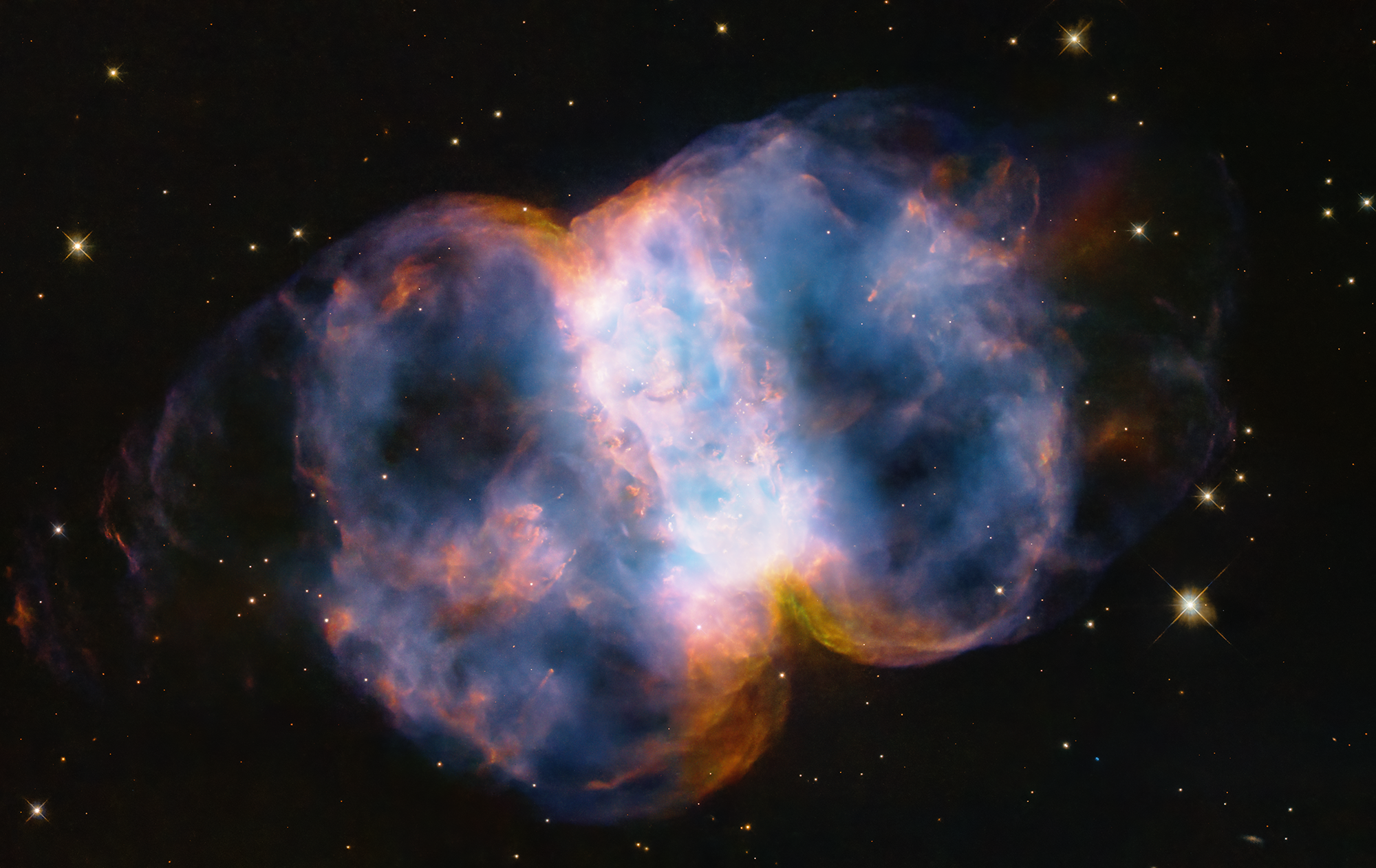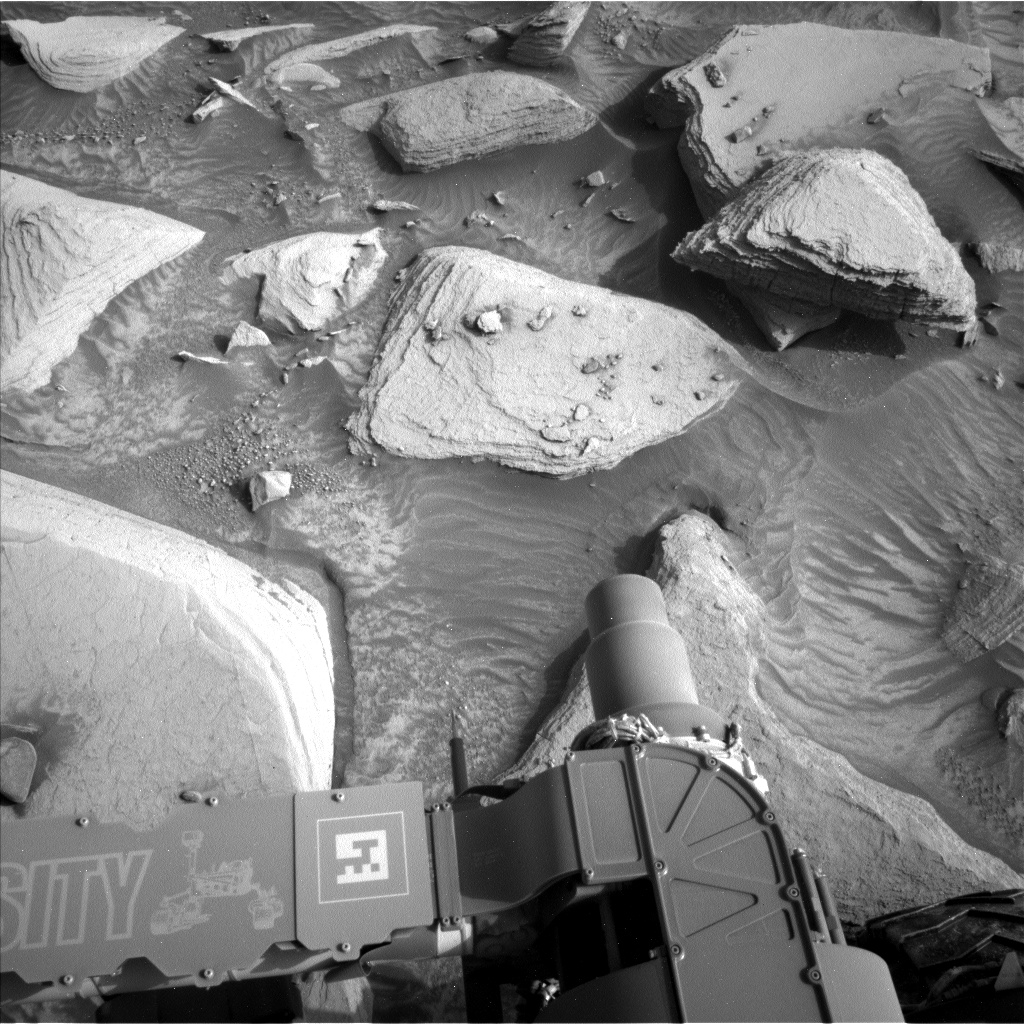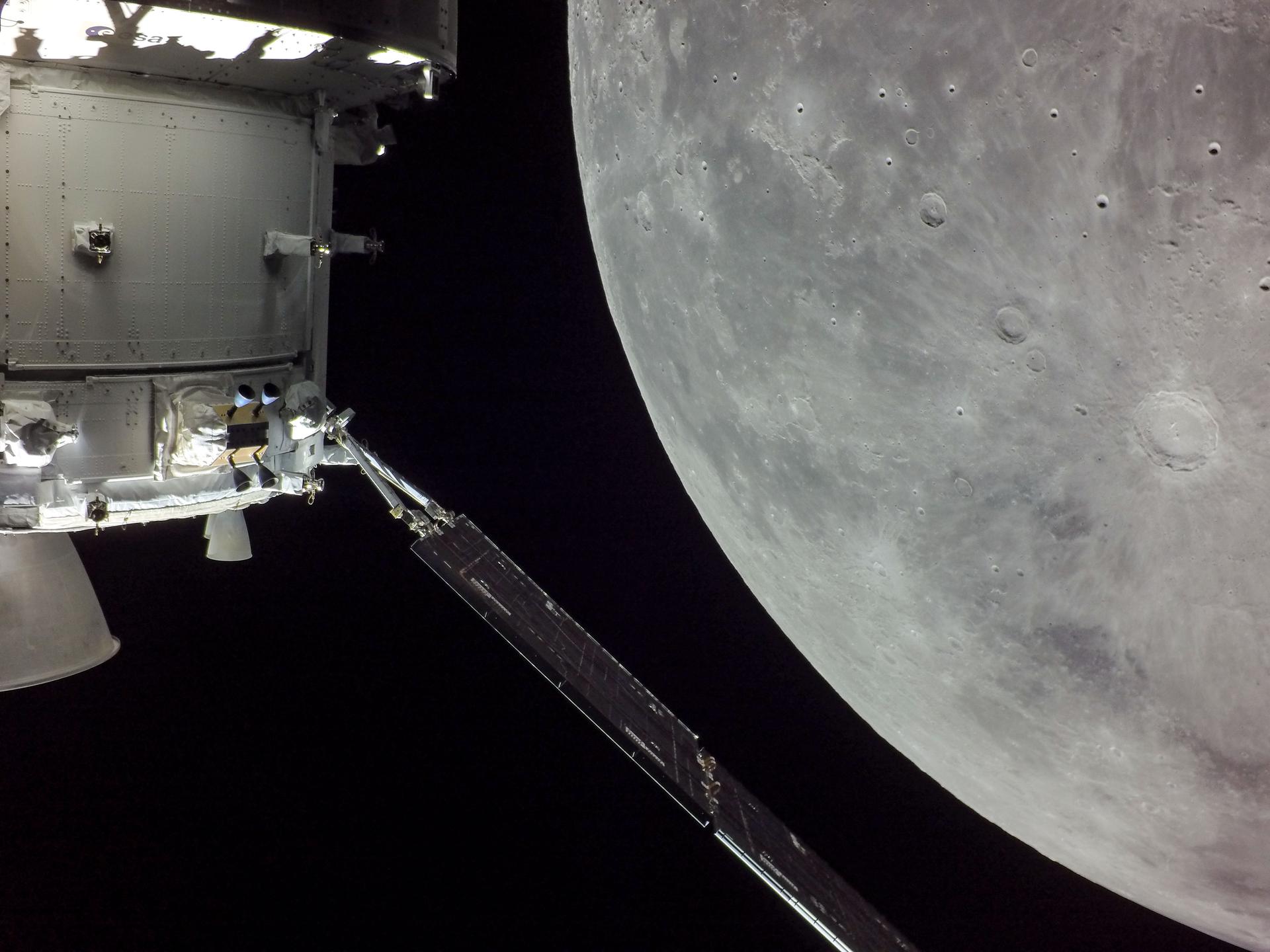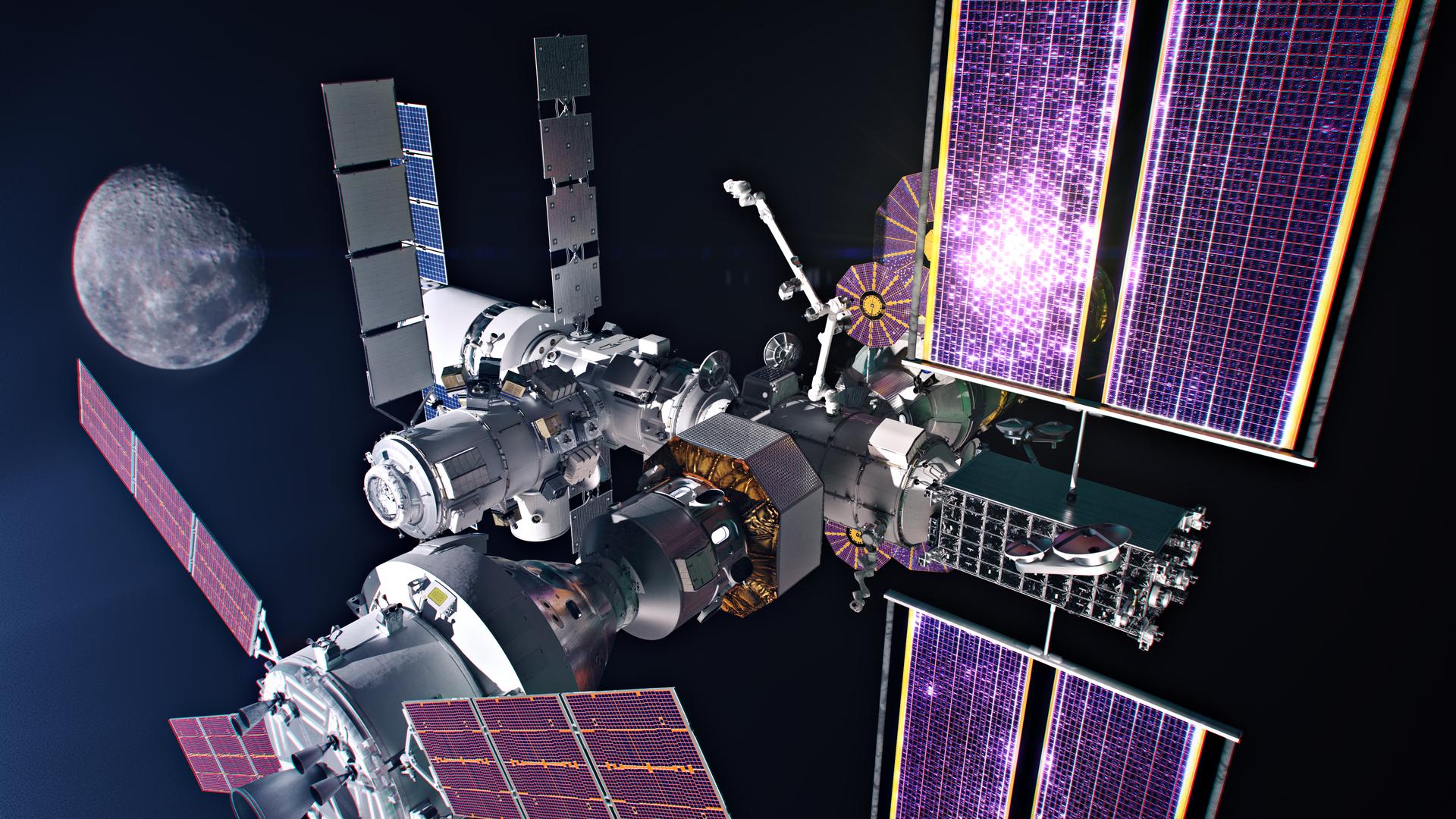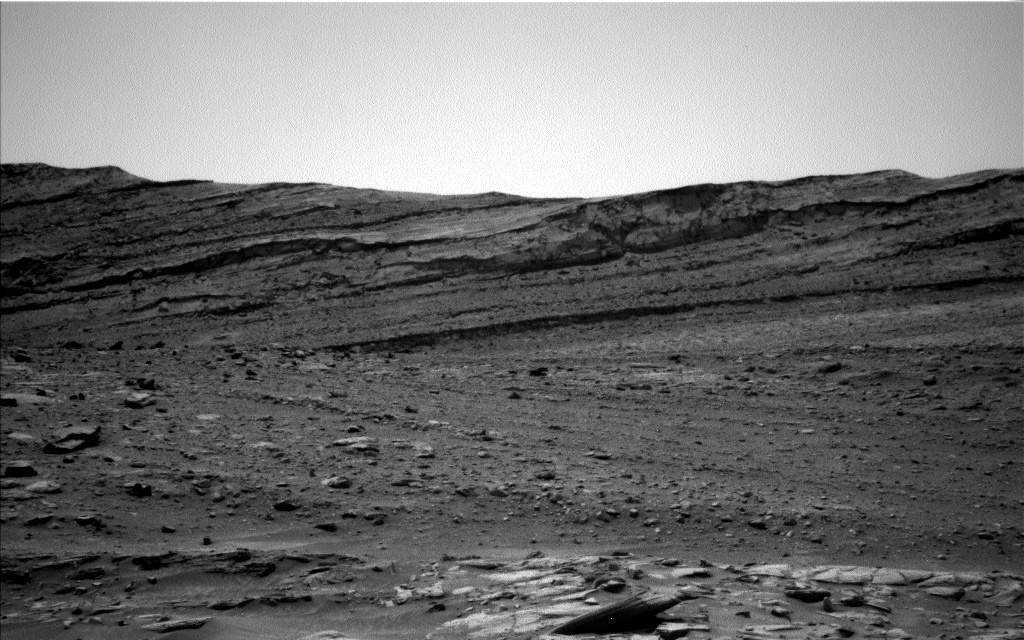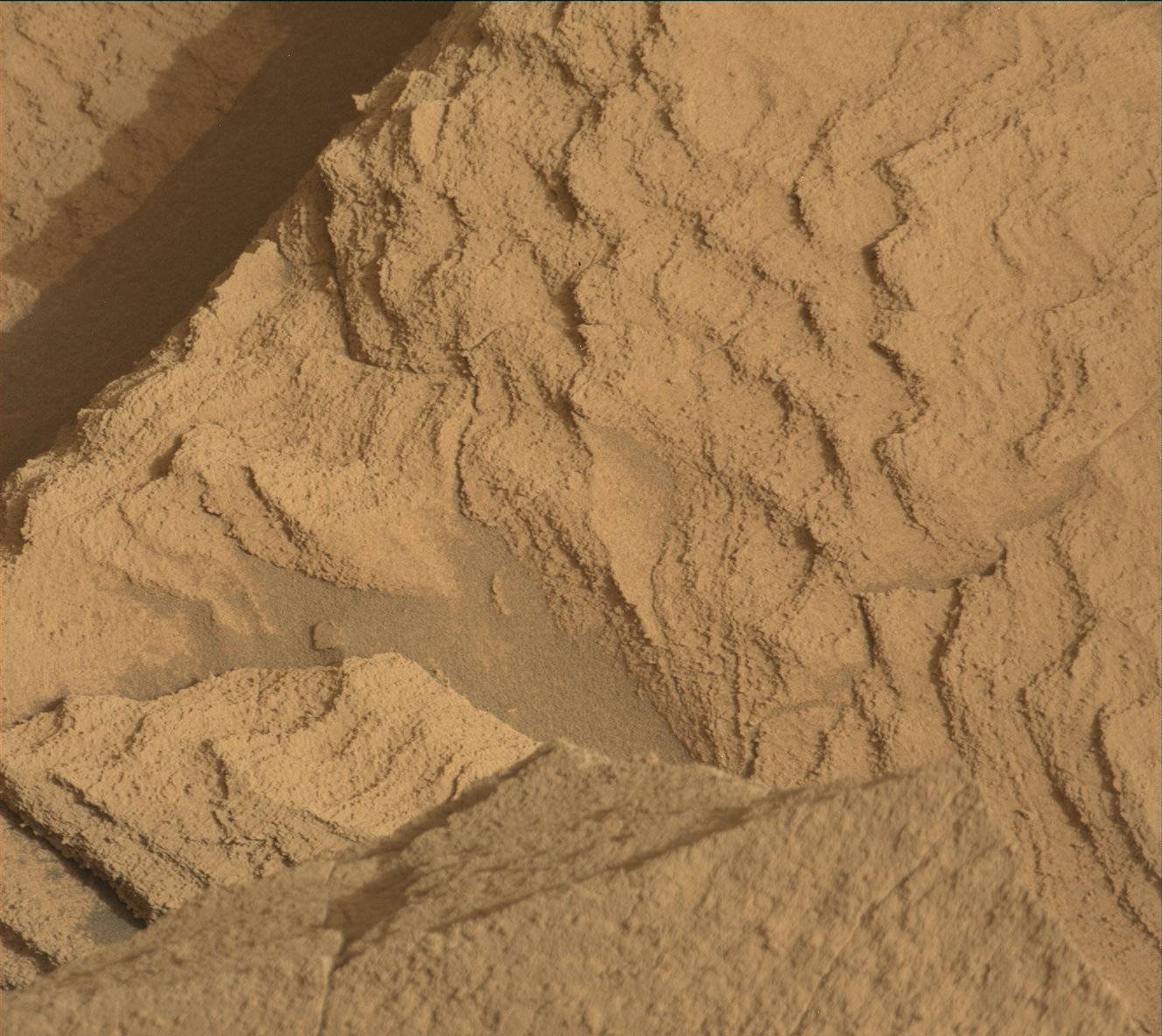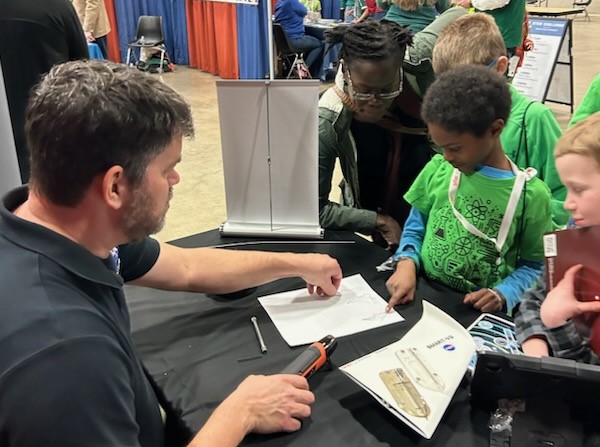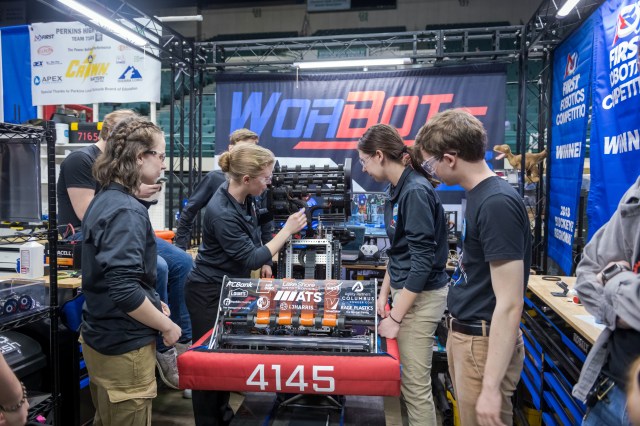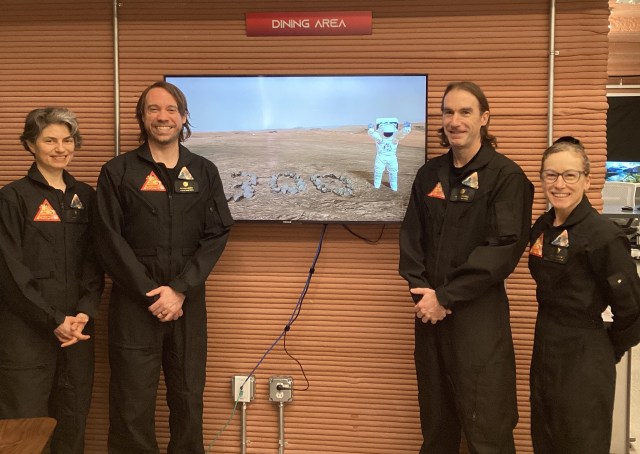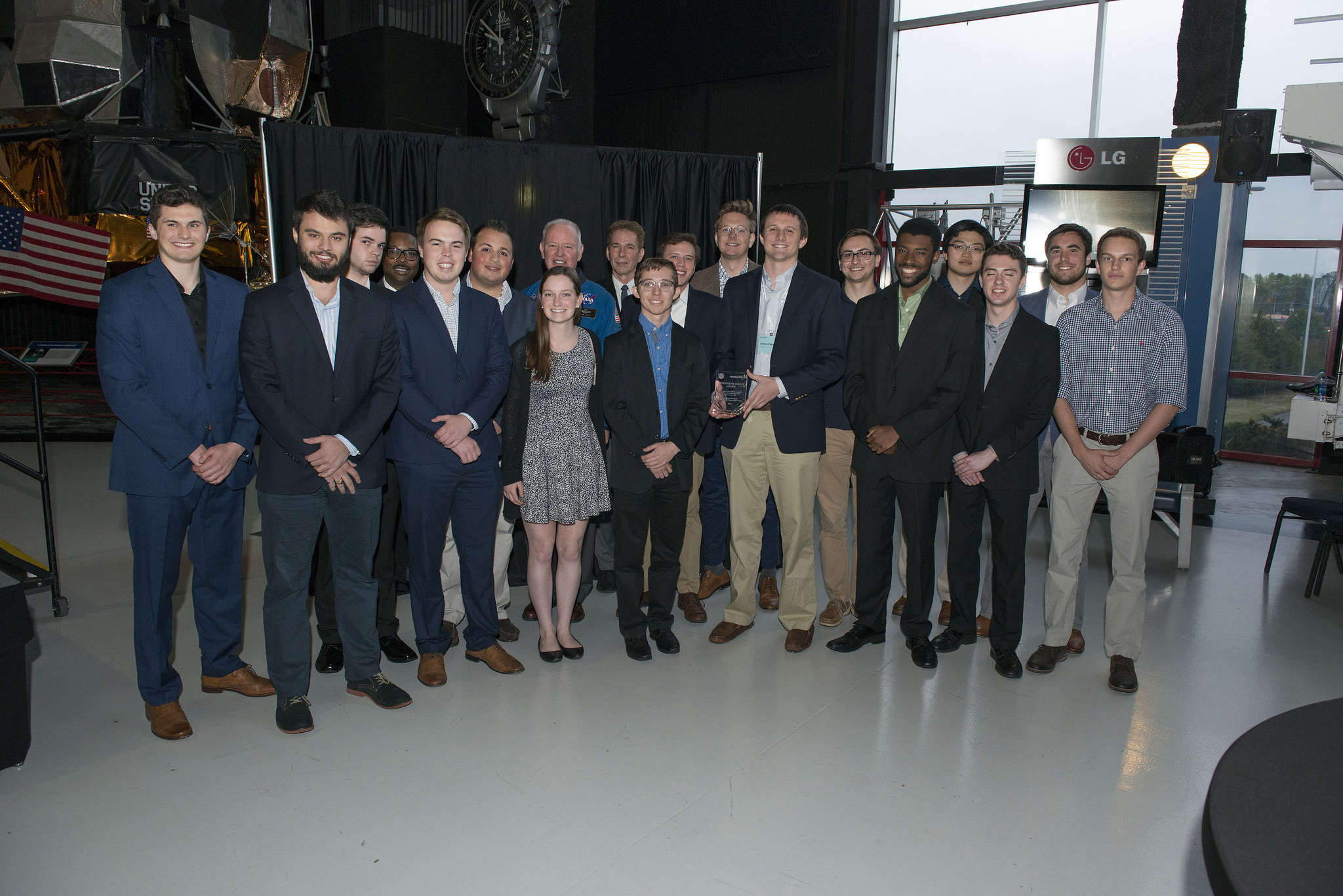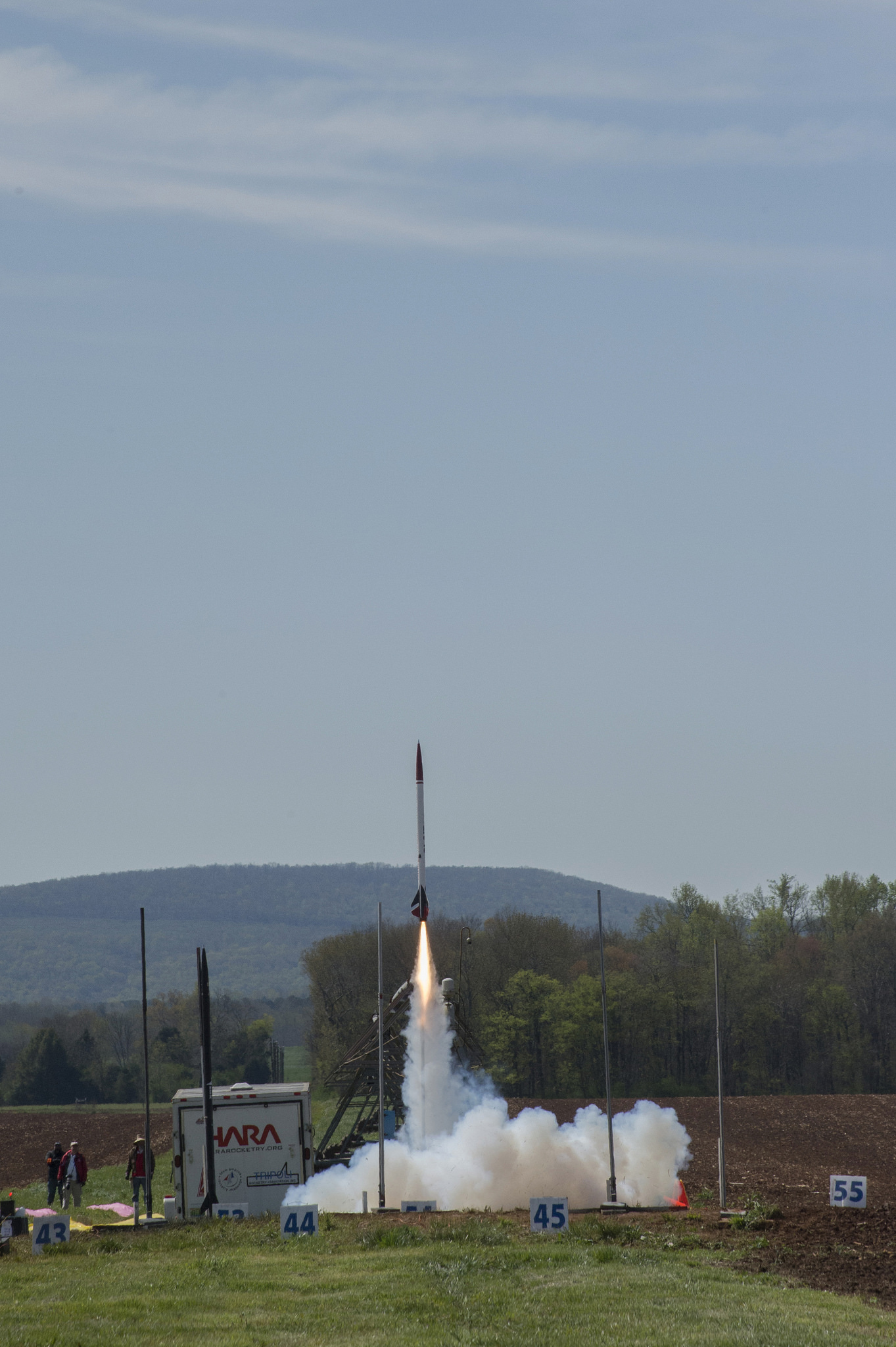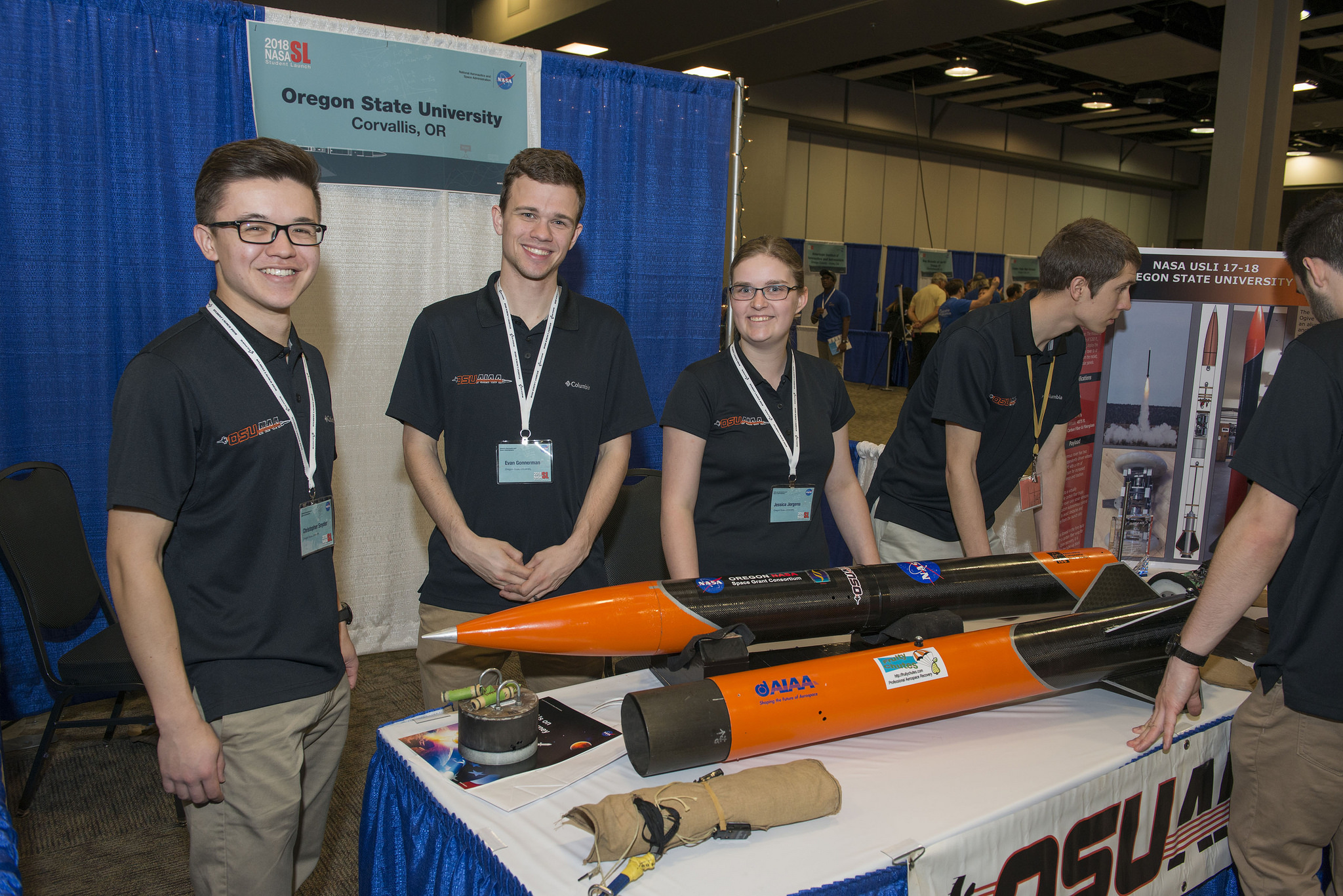The results of NASA’s 2018 Student Launch competition are tabulated, and the Vanderbilt Aerospace Design Lab team from Vanderbilt University in Nashville, Tennessee, claims top honors, which includes a check for $5,000 from NASA Marshall Space Flight Center industry partner Orbital ATK’s Propulsion Systems Division of Promontory, Utah. Vanderbilt’s first-place finish is the team’s fourth win in the last five years.
Student Launch is an annual competition that challenges competing student teams to propose, design, build and test a reusable rocket that flies to 1 mile in altitude, deploys a recovery system and returns safely to the ground, while carrying a payload of scientific or engineering value.
The top 10 in the 2018 competition are:
1. Vanderbilt Aerospace Design Lab, Vanderbilt University, Nashville, Tennessee
2. 49er Rocketry Team, University of North Carolina-Charlotte, Charlotte, North Carolina
3. River City Rocketry, University of Louisville, Louisville, Kentucky
4. Long Beach Rocketry, California State University, Long Beach, Long Beach, California
5. Cornell Rocketry Team, Cornell University, Ithaca, New York
6. Oregon State Rocketry, Oregon State University, Corvallis, Oregon
7. Cal Poly Pomona Rocketry, California State Polytechnic University, Pomona, Pomona, California
8. Bison Ballistics, Lipscomb University, Nashville, Tennessee
9. Carnegie Mellon Rocket Command, Carnegie Mellon University, Pittsburgh
10. Notre Dame Rocket Team, University of Notre Dame, South Bend, Indiana
UNC-Charlotte’s second place finish earns them $2,500 from the National Space Club – Huntsville.
The teams compete in 10 categories ranging from payload design to educational engagement. A full run-down of this year’s category winners can be found here.
“As NASA builds its next deep-space exploration rocket, the Space Launch System, it is important to inspire and help grow the next generation of engineers and explorers. Student Launch provides an opportunity for students to conduct research while also gaining invaluable workforce training,” said Katie Wallace, Student Launch manager. “It’s exciting to see the teams’ ideas and originality during the competition.”
Completing its 18th year of competition, Student Launch creates a realistic experience over an eight-month period for middle school, high school and college and university students that simulates the proposal, design, review, test and operational lifecycle of an engineering system.
Marshall’s Academic Affairs Office manages Student Launch to further NASA’s major education goal of attracting and encouraging students to pursue degrees and careers in the fields of science, technology, engineering and mathematics STEM. NASA’s Office of Education and Human Exploration and Operations Mission Directorate, as well as Orbital ATK’s Propulsion Systems Division, and the Huntsville chapter of the National Space Club provide funding and leadership for the initiative.
Images from the week of activities are available on Marshall’s Flickr account:
Archived launch-day footage is available on NASA’s Student Launch Facebook account:
https://www.facebook.com/NASAStudentLaunch/
Angela Storey
Marshall Space Flight Center, Huntsville, Alabama
256-544-0034
angela.storey@nasa.gov

